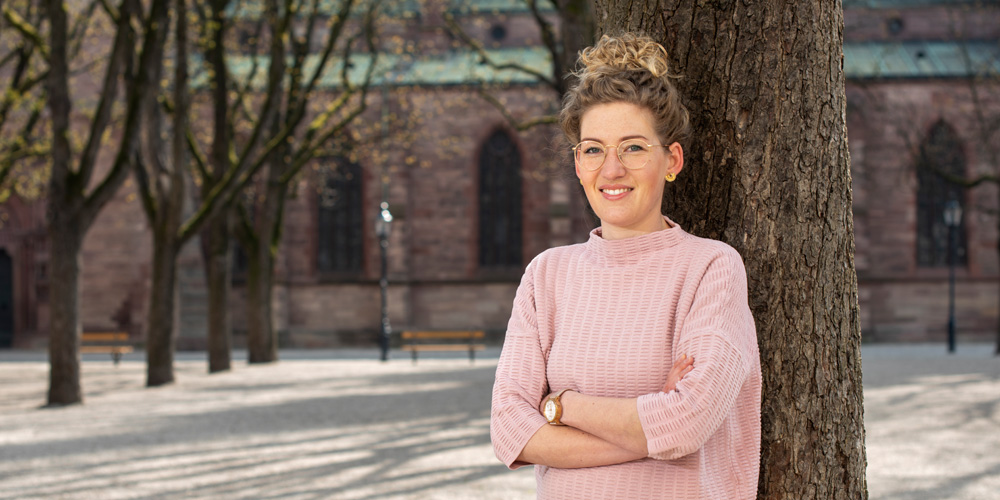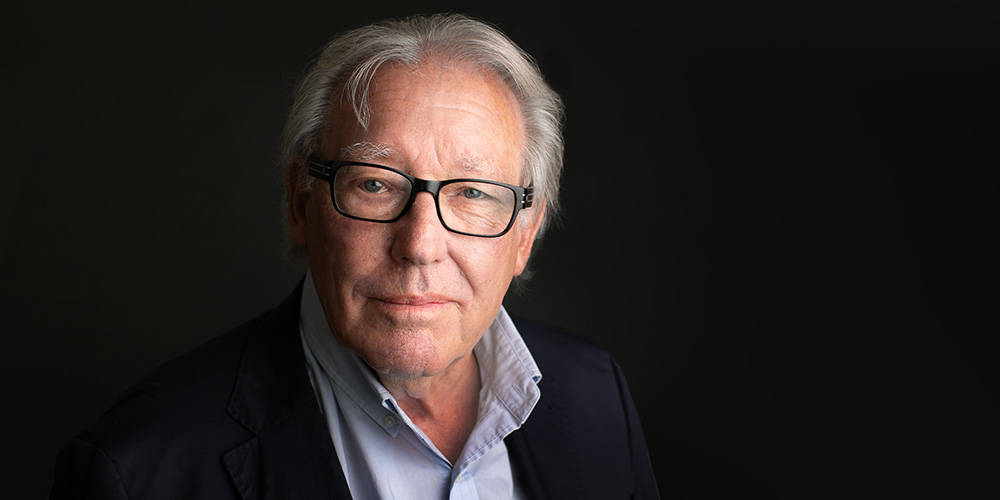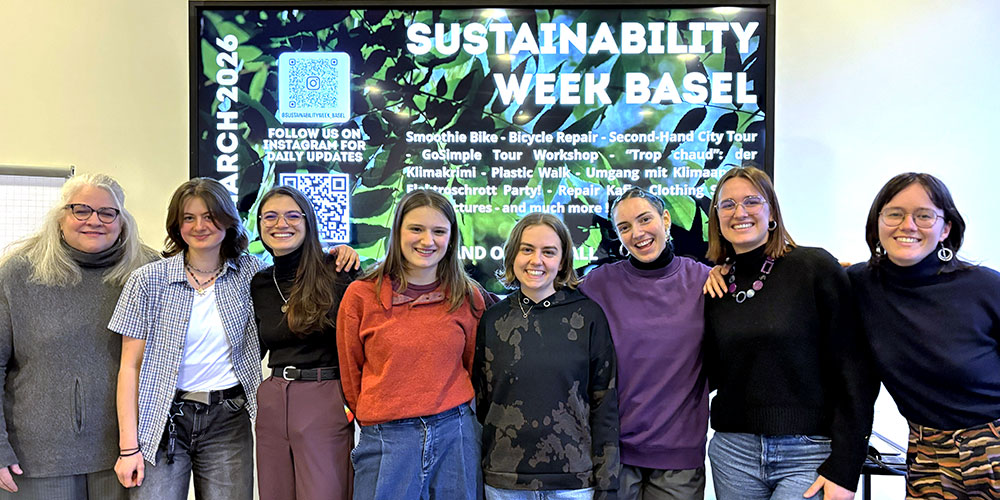Science in times of coronavirus: new avenues of sleep research
In order to stem the spread of the coronavirus pandemic, the University of Basel has reduced its research and operations to a bare minimum. But despite these challenging circumstances, research is by no means standing still. In the last few weeks, numerous new projects have emerged, including a survey on the subject of “COVID-19 & Sleep.” We interviewed Dr. Christine Blume, a sleep researcher at the Centre for Chronobiology, about the interests and objectives of her current study.
06 April 2020
Dr. Blume, what does the reduction of research to emergency operations mean for your scientific work?
It means that we, too, are unable to continue working as before. Our six-bed sleep lab has been closed since 16 March, as work involving test subjects is no longer permitted under the strict restrictions. I was close to completing a study, but that’s on hold for the time being.
You have now developed a survey on the subject of “COVID-19 & Sleep” – what exactly is it about?
In our study we hope to investigate how measures to curb the COVID-19 epidemic affect our sleep – for example, how they impact our sleep cycle and sleep quality. The underlying question here is how sleep has changed in response to modern society. There’s been a marked increase in sleep disorders in the last 20 years, which we assume is a result of our modern lifestyle – we’re constantly on the go, write emails late into the night and subject ourselves to what’s known as “leisure stress.” We often feel the need to slow down, but that seldom happens in our lives. Now, we find ourselves in a situation where absolutely central elements of our modern lifestyle have suddenly disappeared.
Your survey also deals with “social jet lag” – what does that mean?
We all have our own biological rhythms, which are determined by genetics and often don’t match up with our social rhythms. If I have to be at the office by eight o’clock every morning but my body clock tells me that I should be asleep from midnight to eight o’clock, then we’re bound to run into conflict. This social jet lag can often lead to sleep problems. As the framework of social timing is no longer as rigid due to COVID-19 measures, such as working from home, we would expect a better reconciliation of biological and social rhythms.
Are you sleeping differently yourself?
Definitely, but that’s partly because I normally spend three nights a week in the sleep lab, where I get up several times a night to check on the subjects – in that respect, I have of course noticed a huge improvement. But quite apart from that, I’m also noticing that working from home and the cancellation of events and meetings mean that I can make my daily routine much more flexible. There’s also a considerable reduction in leisure activities. As a result, the social timing is no longer as fixed as it was. Personally, this helps me to slow down.
Could the current situation also make people sleep less well?
Yes, absolutely. The situation is certainly very stressful for many people, whether because of financial concerns, childcare, or family conflicts since suddenly everyone is sitting around at home. And stress is one of the main causes of bad sleep.
Many studies on COVID-19 are springing up right now. Could that also be perceived negatively – for example, as an attempt to exploit this situation?
This epidemic is undoubtedly a once in a century event, and it’s also a unique situation for us as researchers. Naturally, we want to learn something from it. The official bodies take the same view – for example, our application was processed and approved by the Ethics Commission in Basel in a very short space of time. Moreover, a lot of new subsidies and funding programs have been made available over the last few weeks, so I think everyone is conscious that we stand to gain a great deal of new knowledge from this situation. And, of course, we hope that the general public will participate as widely as possible in the various projects.
Further information
Dr. Christine Blume, University of Basel / Psychiatric University Clinics Basel, Centre for Chronobiology, phone +41 61 325 50 74, email: christine.blume@upk.ch



